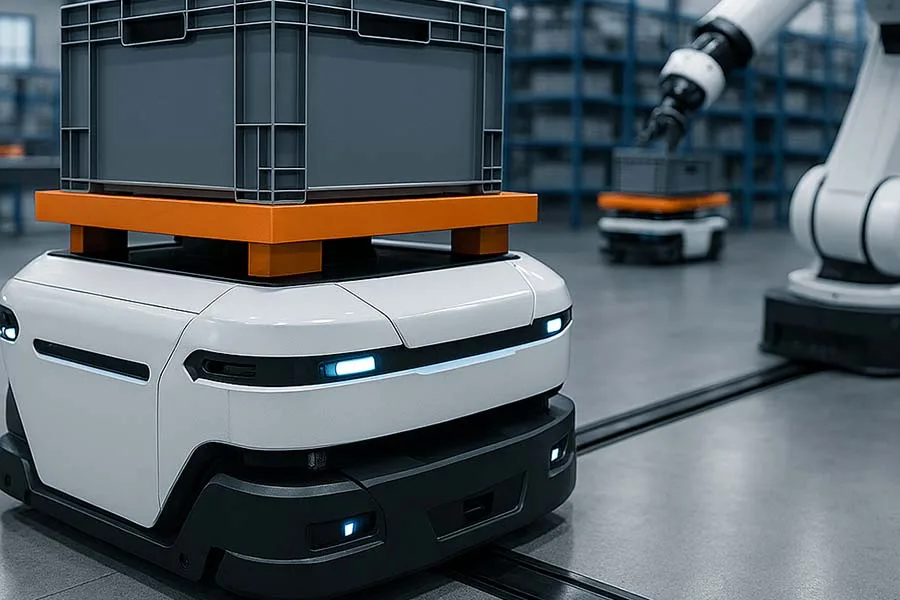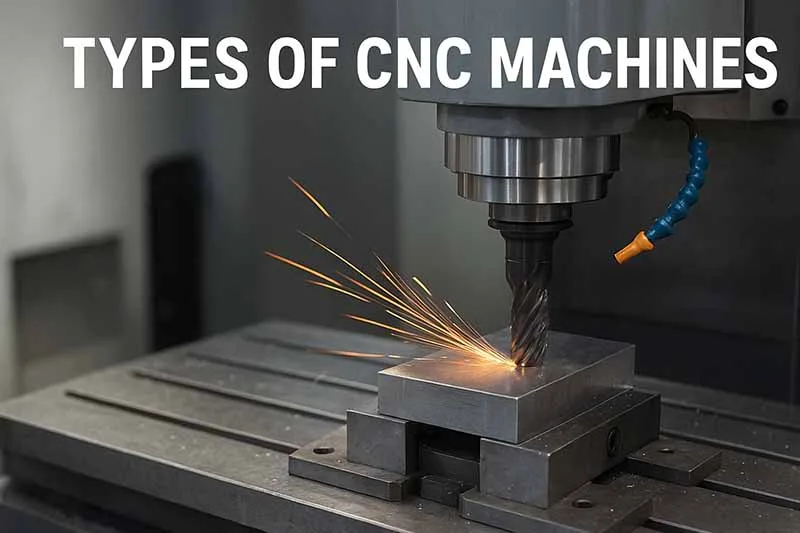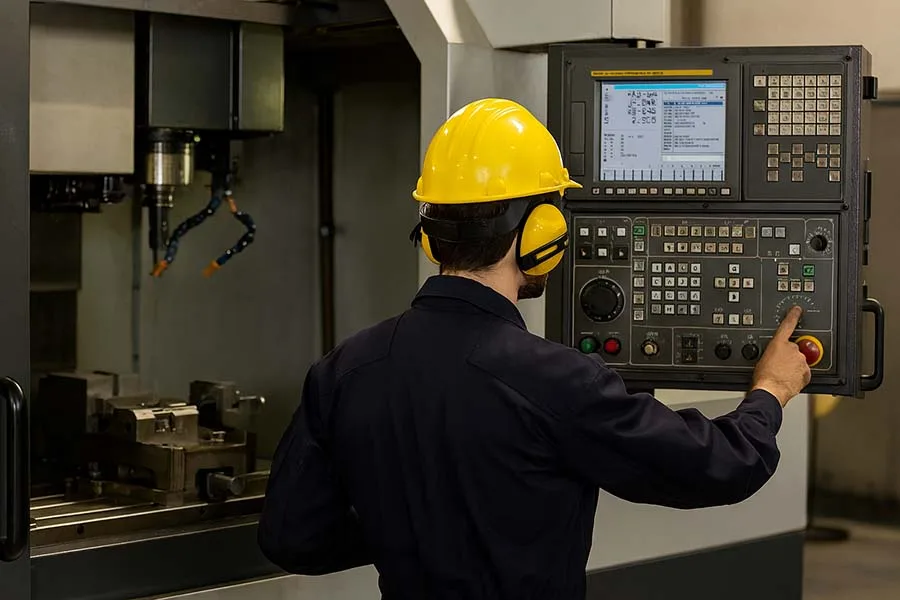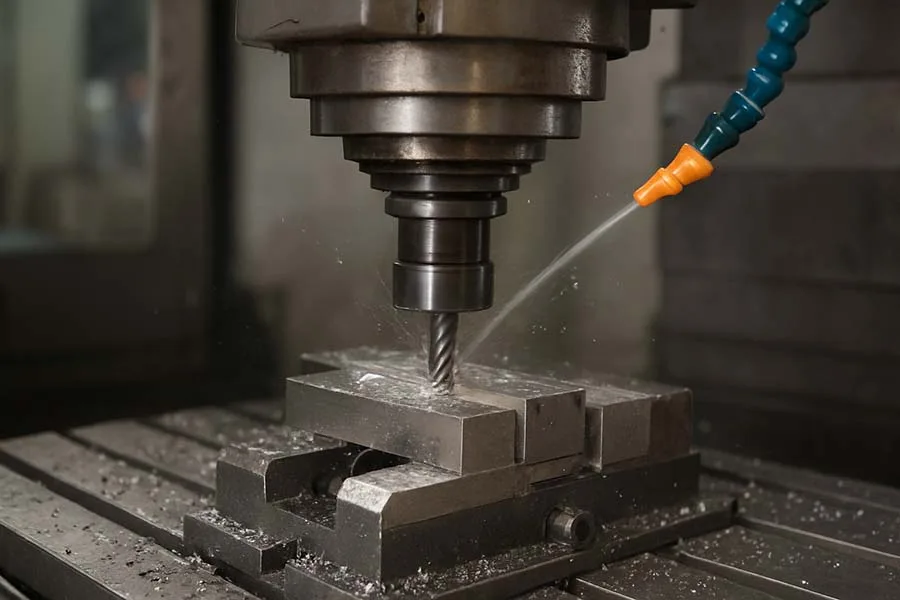Material handling has always been the backbone of manufacturing and logistics. Moving, storing, and controlling materials may sound simple, but inefficiencies in this process can cost companies millions. That’s why more businesses are turning to automated material handling solutions (AMHS) — advanced systems that use robotics, conveyors, software, and smart technology to optimize the flow of goods.
From warehouses to automotive plants, these solutions are transforming how industries manage resources and deliver products.
What Are Automated Material Handling Solutions?
Automated material handling solutions (AMHS) refer to systems and technologies that move, store, and manage materials with minimal human intervention. Unlike manual handling, automation improves speed, accuracy, and safety while reducing operational costs.
Key components often include:
- Conveyors – Transporting items across facilities efficiently.
- Automated Storage and Retrieval Systems (AS/RS) – Robotic systems managing warehouse inventory.
- Autonomous Mobile Robots (AMRs) – Navigating warehouses and production floors.
- Automated Guided Vehicles (AGVs) – Moving heavy loads along fixed paths.
- Control Software – Managing data, workflows, and equipment.
Types of Automated Material Handling Systems
1. Conveyors and Sortation Systems
Ideal for high-volume operations, conveyors move products quickly while automated sortation systems direct items to their correct destinations.
2. Automated Storage and Retrieval Systems (AS/RS)
These robotic systems handle inventory with precision, improving warehouse density and reducing human error.
3. Autonomous Mobile Robots (AMRs)
Unlike traditional AGVs, AMRs navigate using sensors and maps, allowing them to adapt to dynamic environments.
4. Automated Guided Vehicles (AGVs)
AGVs follow predefined paths, transporting goods such as pallets, raw materials, or finished products safely.
5. Robotic Palletizers and Depalletizers
Robots stacking and unstacking pallets improve speed and ergonomics while reducing workplace injuries.
Applications Across Industries
Automated material handling solutions are being adopted in nearly every sector:
- Manufacturing – Moving raw materials to assembly lines efficiently.
- Automotive – Handling heavy parts and ensuring just-in-time delivery.
- Warehousing & Distribution – Increasing order accuracy and fulfillment speed.
- Food & Beverage – Maintaining hygiene while moving products.
- Pharmaceuticals – Managing sensitive materials with precision.
Benefits of Automated Material Handling Solutions
When implemented strategically, AMHS offer significant advantages:
- Efficiency & Speed – Faster movement of goods with minimal downtime.
- Accuracy & Reduced Errors – Smart systems reduce misplacements and stock discrepancies.
- Safety Improvements – Reduces heavy lifting and workplace accidents.
- Scalability – Systems can grow with demand, supporting future expansion.
- Cost Reduction – Lower labor costs and minimized damage to goods.
Challenges and Considerations
Despite the benefits, companies should consider the following:
- High Initial Investment – Costs for equipment, software, and integration.
- System Complexity – Requires skilled maintenance and IT support.
- Space Requirements – Some solutions demand significant facility redesign.
- Workforce Adaptation – Employees must be trained to work alongside automated systems.
The Future of Material Handling
Material handling will only become smarter and more autonomous. Key trends include:
- AI and Machine Learning Integration – Predictive decision-making for warehouse management.
- IoT Connectivity – Real-time tracking of goods and machine health.
- Collaborative Robotics (Cobots) – Human-robot collaboration for flexibility.
- Green Material Handling – Energy-efficient designs to reduce carbon footprint.
In the coming years, companies that embrace AMHS will be able to scale operations rapidly, cut costs, and improve reliability in their supply chains.
Automated Material FAQ
Further Read
- Industrial Automation Solutions
- Industrial Automation Systems: The Backbone of Modern Industry
- Process Automation in Manufacturing: The Key to Smarter Production
- Automation Companies to Watch in 2025 and Beyond
- Automation Machines for Industry: Types, Benefits, and Future Trends
- Automated Material Handling Solutions: Benefits, Types & Future Trends
- Automated Control Systems
- Industrial Automation Solutions: Transforming Modern Manufacturing
- Warehouse Automation Tools: Boosting Efficiency in Modern Warehouses
- Intelligent Automation Technologies: The Future of Industry
- Automated Packaging Systems
- Automation Case Studies
- Automation Trends 2025: What’s Next for Industrial Innovation
Conclusion
Automated material handling solutions are no longer optional — they are essential for modern industry. Whether in warehouses, factories, or distribution centers, these systems improve speed, safety, and reliability while future-proofing businesses against rising demand and labor shortages.
The companies investing in these solutions today are setting themselves up to lead tomorrow.





